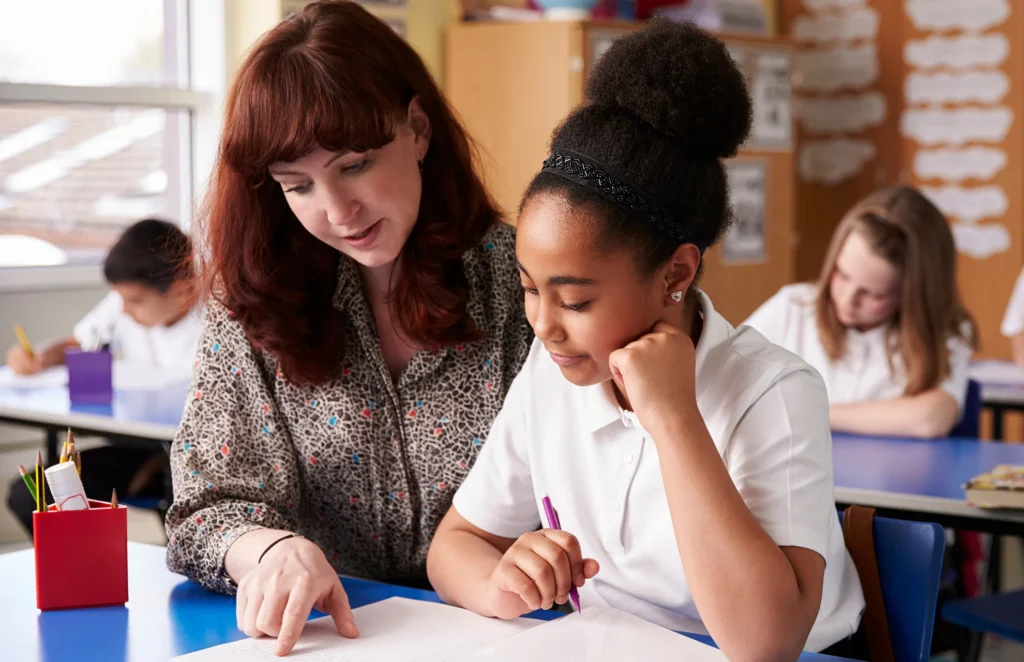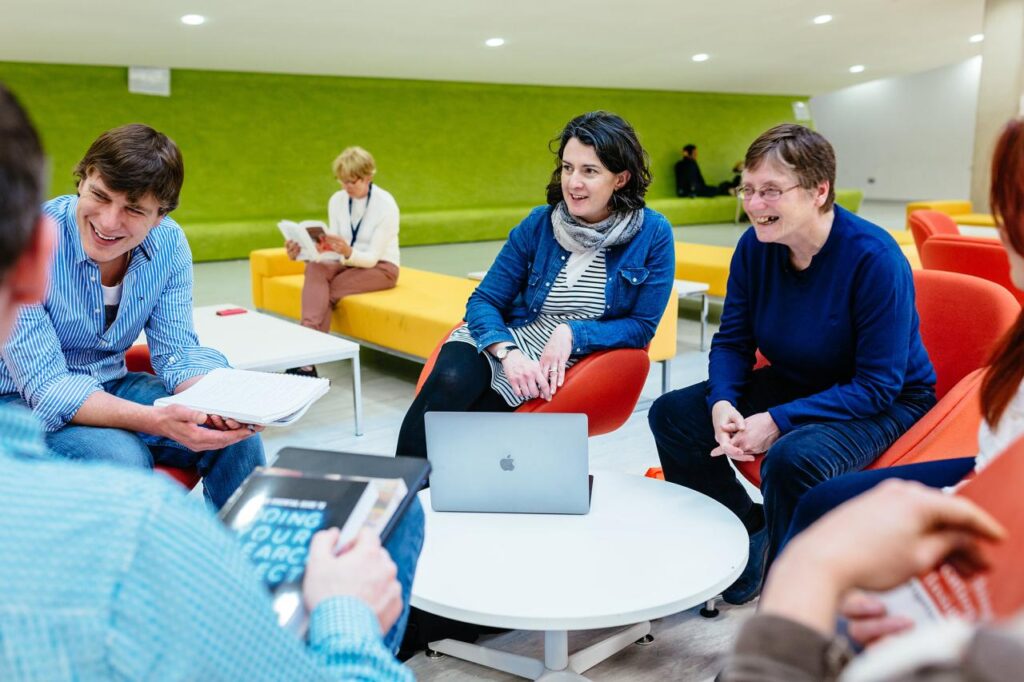In today’s rapidly changing world, teacher education plays a vital role in shaping the future of education. With advancements in technology and the increasing interconnectedness of societies, educators must be equipped with the necessary skills and knowledge to thrive in a global context. This article explores best practices and innovative approaches in teacher education, highlighting the importance of preparing teachers to meet the challenges of a diverse and dynamic educational landscape.
Understanding the Global Context
In today’s interconnected world, education transcends geographical boundaries. Globalization has brought diverse cultures and perspectives together, creating a rich tapestry of learning opportunities. To thrive in this global context, teachers must possess a global mindset and be prepared to address the needs of culturally diverse student populations. This requires a comprehensive understanding of global issues, intercultural communication skills, and the ability to integrate global perspectives into the curriculum.
The Role of Teacher Education
Teacher education plays a critical role in preparing educators to navigate the complexities of a globalized world. It goes beyond imparting subject knowledge and pedagogical strategies; it encompasses the development of a holistic set of competencies that empower teachers to meet the diverse needs of students. Effective teacher education programs foster critical thinking, cultural sensitivity, adaptability, and innovation.
Best Practices in Teacher Education

Providing Cross-Cultural Experiences
Exposing future teachers to cross-cultural experiences can broaden their perspectives and enhance their cultural competence. Immersion programs, international exchanges, and multicultural field experiences enable teachers to understand different educational systems, engage with diverse student populations, and appreciate the value of cultural diversity in learning environments.
Emphasizing Multilingualism and Cultural Competence
Promoting multilingualism and cultural competence within teacher education programs is essential. Teachers should be equipped with the necessary skills to effectively teach students from diverse linguistic backgrounds. Language instruction, multicultural curriculum design, and intercultural communication training can help educators create inclusive and welcoming classrooms.
Incorporating Technology in Pedagogy
In the digital age, integrating technology into pedagogy is crucial for effective teaching and learning. Teacher education programs should provide opportunities for teachers to develop technological proficiency and digital literacy skills. Educators should be prepared to leverage educational technologies to enhance instructional delivery, engage students, and foster collaboration.
Fostering Collaborative Learning Communities
Collaborative learning communities are valuable platforms for professional growth and knowledge sharing. Teacher education programs should emphasize the importance of collaboration among teachers, administrators, and other stakeholders. Peer mentoring, professional learning communities, and networking opportunities can facilitate the exchange of best practices and innovative ideas.
Innovative Approaches in Teacher Education
Blended Learning Models
Blended learning models, combining traditional face-to-face instruction with online learning, have gained popularity in teacher education. This approach provides flexibility, personalized learning experiences, and access to a wide range of educational resources. Blended learning models enable aspiring teachers to engage in interactive online discussions, complete self-paced modules, and receive personalized feedback.
Personalized Professional Development
Recognizing that teachers have different learning needs, personalized professional development is gaining traction. Individualized learning plans, coaching sessions, and micro-credentials allow teachers to focus on specific areas of growth. Personalized professional development empowers teachers to enhance their teaching practice, address their unique challenges, and remain updated with the latest research and innovations.
Mentoring and Coaching Programs
Mentoring and coaching programs provide invaluable support for novice teachers. Experienced educators can guide and mentor early-career teachers, helping them navigate the complexities of the profession. Through reflective practice, observation, and feedback, mentoring and coaching programs foster professional growth and encourage a continuous learning mindset.
Action Research and Reflective Practice
Action research and reflective practice enable teachers to critically analyze their teaching methods and make informed decisions for improvement. Teacher education programs should incorporate opportunities for teachers to engage in action research projects, collaborate with peers, and reflect on their teaching practice. This approach encourages teachers to continuously refine their pedagogical strategies and adapt to the evolving needs of their students.
Implications for Policy and Practice
To ensure the implementation of best practices and innovative approaches in teacher education, policymakers and educational institutions must collaborate. It is essential to invest in quality teacher education programs that align with the demands of a globalized world. Additionally, ongoing professional development opportunities should be provided to support teachers in adapting to new technologies, instructional methodologies, and diverse student populations.
Conclusion
Teacher education in a global context requires a comprehensive approach that prepares educators to navigate the complexities of a diverse and interconnected world. By incorporating best practices such as cross-cultural experiences, multilingualism, technology integration, and fostering collaborative learning communities, teacher education programs can equip teachers with the skills and knowledge needed for effective global teaching. Furthermore, innovative approaches like blended learning, personalized professional development, mentoring, and action research promote continuous improvement and adaptability.


